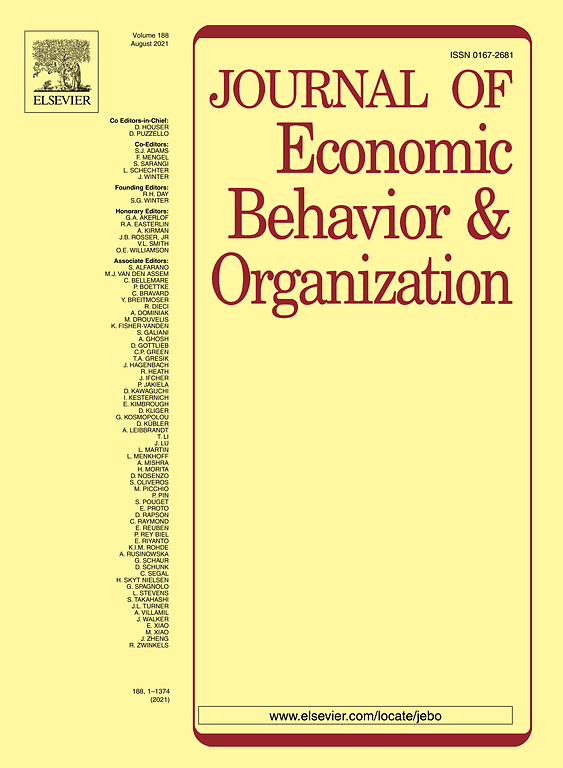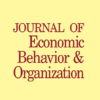Executive Summary
According to the “relative income hypothesis,” decision makers derive positive utility from identifying with a group that performs more poorly than they do. We hypothesize that decision makers simultaneously derive negative utility from identifying with such a group. The reason is that decision makers aspire toward status, and thus prefer to identify with a group that is more successful than they are. We call such proposed reason the “aspirational income hypothesis.” If the aspirational income effect dominates the relative income effect, decision makers would prefer to join groups with higher rank than their own. We report data from an experiment that supports the aspirational income hypothesis. It shows that the hypothesis holds (at a weaker intensity) even when it is costly to join a higher ranking group.









